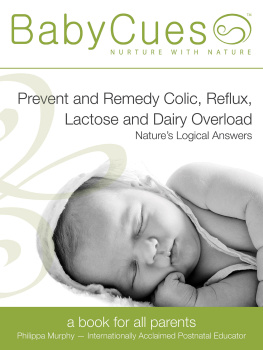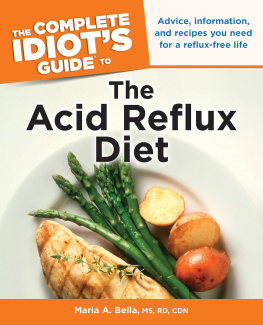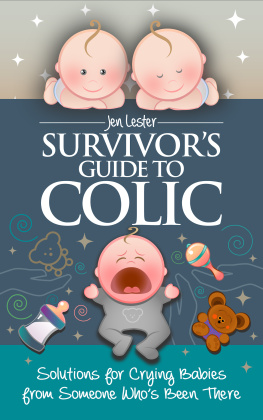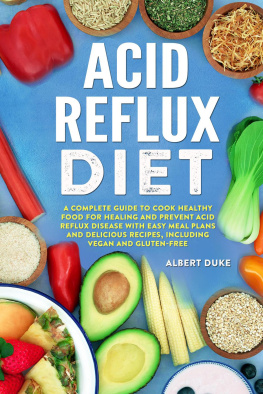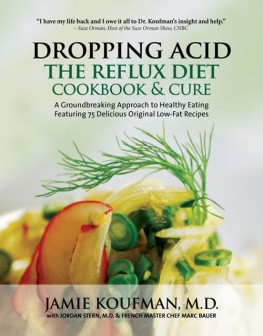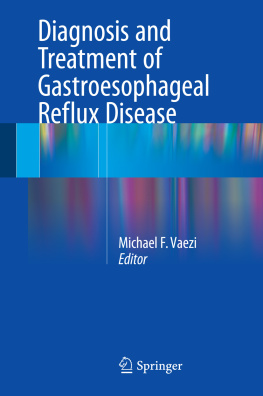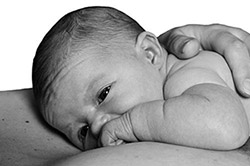Philippa Murphy - BabyCues: Prevent and Remedy Colic, Reflux, Lactose and Dairy Overload--Natures Logical Answers
Here you can read online Philippa Murphy - BabyCues: Prevent and Remedy Colic, Reflux, Lactose and Dairy Overload--Natures Logical Answers full text of the book (entire story) in english for free. Download pdf and epub, get meaning, cover and reviews about this ebook. year: 2018, publisher: Philippa Murphy, genre: Children. Description of the work, (preface) as well as reviews are available. Best literature library LitArk.com created for fans of good reading and offers a wide selection of genres:
Romance novel
Science fiction
Adventure
Detective
Science
History
Home and family
Prose
Art
Politics
Computer
Non-fiction
Religion
Business
Children
Humor
Choose a favorite category and find really read worthwhile books. Enjoy immersion in the world of imagination, feel the emotions of the characters or learn something new for yourself, make an fascinating discovery.
- Book:BabyCues: Prevent and Remedy Colic, Reflux, Lactose and Dairy Overload--Natures Logical Answers
- Author:
- Publisher:Philippa Murphy
- Genre:
- Year:2018
- Rating:3 / 5
- Favourites:Add to favourites
- Your mark:
BabyCues: Prevent and Remedy Colic, Reflux, Lactose and Dairy Overload--Natures Logical Answers: summary, description and annotation
We offer to read an annotation, description, summary or preface (depends on what the author of the book "BabyCues: Prevent and Remedy Colic, Reflux, Lactose and Dairy Overload--Natures Logical Answers" wrote himself). If you haven't found the necessary information about the book — write in the comments, we will try to find it.
Lauren Mum Australia
This book is possibly one of the most important books and contributions to newborn/infant health and wellbeing I have ever read. To say this book has changed our world, is actually quite accurate.
Dr Mangan - New Zealand
BabyCues book is a beautifully written practical guide on how to cope with a desperately unsettled baby. As a GP I particularly liked the emphasis on the size of babies stomach and the implications of persistent over feeding and I am delighted to find a medicine free way of managing the over diagnosis of reflux. As a mother of a child diagnosed with reflux I just wish I had had Philippa's great advice to hand. Her back to basic nurturing techniques would have made my life and my daughter's first few months a lot more enjoyable instead of the hellish time I recollect. I believe that this book will help other parents to avoid the nightmare and instead discover a nurturing way to manage their baby's problems.
Written for all parents, BabyCues is a revolutionary self-help parenting book that delivers original, proven findings and practical know-how to help parents achieve natural digestive balance for their newborn throughout their first six months of life. This book is perfect if you want to learn how to nurture alongside your childs natural digestive biology, while confidently understanding and being able to respond to their full array of cues. It will also help you to reduce, if not eliminate the abnormal behaviours of colic, reflux, lactose overload, dairy overload and inconsolable crying as it relays the natural causes of these behaviours, and steps you through the solutions.
Nurturing families through myths, conundrums, remedies and biological facts, BabyCues unveils - for the first time ever a babys innate relationship with trapped air in the stomach and the mechanism of this forming the authors discovery of their innate Six-Wind-Cues. All of which fosters care that is logical, responsive, respectful and intimate, thus stimulating positive mental and physical development for your child.
This simple read, and candid guide, helps cultivate a choice of care that is based on common sense and dependable life-logical solutions. These reacquaint us with the fact....
there is a manual for all babies. We call it biology: Mother Nature calls it life.
Learn the causes of upset behaviour, normal and abnormal communication, the digestive capabilities of a newborn, practical feeding, winding and sleep techniques, helpful calming methods, and a new understanding on what forms a babys cues and what they are really saying. You will also read about Philippas New Zealand Survey on Colic and Reflux and the parents personal accounts of these behaviours.
I feel empowered. Now I have the tools to sooth my baby.
The best decision I made for my boys was to trust in this.
I cant believe I wasnt taught this. Its so important.
I can now understand what my daughter needs.
The change in my little girl was instant.
What a salvation for parents.
All parents should read this.
Finally it all makes sense.
Your words are like gold.
What a godsend.
Philippa Murphy: author's other books
Who wrote BabyCues: Prevent and Remedy Colic, Reflux, Lactose and Dairy Overload--Natures Logical Answers? Find out the surname, the name of the author of the book and a list of all author's works by series.

